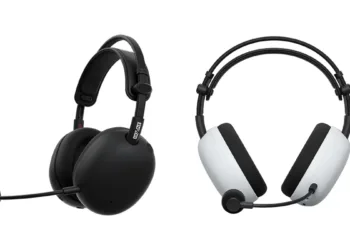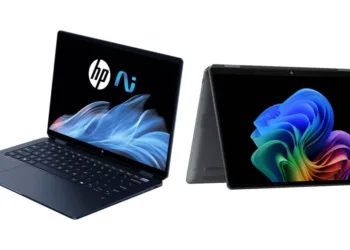According to the Bangkok Post, Thailand aims to use its enormous zinc reserves to mass-produce zinc-ion batteries for electric vehicles. According to the article, the Thai government will put aside THB192 million (US$ 5.68 million) this year for the National Science and Technology Development Agency (NSTDA) to construct a 1MWh pilot zinc battery factory.

Instead of importing lithium or other resources, the Thai government aims to use its enormous zinc reserves to stimulate local EV development. Zinc, manganese oxide, and graphene, which are non-flammable and safe, make up a zinc-ion battery. According to the NSTDA, 90% of zinc batteries are also recyclable. It could be used in energy storage systems, vehicles, homes, the power grid, and as a backup power source.
Many companies in Thailand have shown interest in the new manufacturing business
In Thailand, various private enterprises have expressed interest in producing zinc batteries, in addition to state-owned companies. Thailand will have a factory producing alternative batteries with a capacity of 500-1,000 MWh by 2023.
NSTDA launched the Eastern Economic Corridor of Innovation (EEC) to develop alternative batteries that may be used in solar power plants, companies, homes, power plants, and both offshore and onshore oil drilling platforms.

Thailand formed the National Electric Vehicle Policy Committee (NEVPC) in 2020 and set a goal of producing 1.25 million electric vehicles by 2030. Electric three-wheelers, passenger automobiles, and trucks face lower taxes, as do battery components and material makers. Electric buses are now available in Bangkok.
also read:
Lenovo unveils new Yoga Slim 9 and 7 series laptops with AMD and Intel’s latest processors








